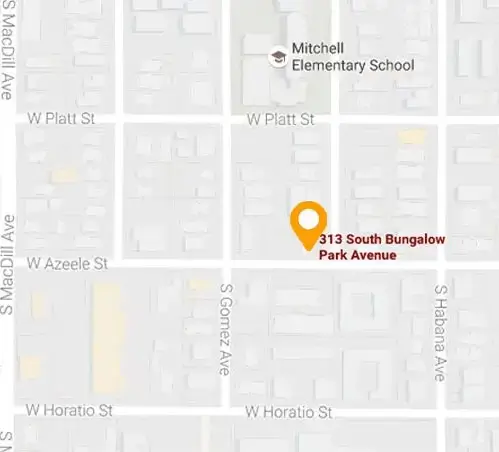Understanding common divorce mistakes can help you avoid unnecessary stress, expense, and delays in your case. Divorce is both an emotional and legal process, and even minor missteps can have long-term consequences. By recognizing these pitfalls early, you can protect your rights and move forward with confidence.
1. Not Understanding the Florida Divorce Process
Many people underestimate how complex the Florida divorce process can be. Divorce involves more than filing paperwork; it requires following strict procedures, meeting deadlines, and exchanging financial information.
Failing to comply with court requirements can cause delays or even affect the outcome of your settlement. Before taking any action, familiarize yourself with the official Florida Courts Family Law Forms. These resources explain the steps required when filing for divorce in Florida and the documentation you’ll need to complete each stage properly.
2. Making Emotional Decisions
During a divorce, emotions often run high. Acting out of anger or guilt can lead to poor choices—especially in matters like property division, child custody, or alimony.
It’s important to separate feelings from facts and focus on long-term goals. Consulting a Florida family law attorney can help you view your case objectively and avoid making hasty decisions that could harm your financial or parental rights.
3. Failing to Disclose Financial Information
When filing for divorce in Florida, both spouses are legally required to provide complete and accurate financial disclosures. Omitting bank accounts, debts, or assets can lead to severe penalties and loss of credibility in court.
Honesty is essential during this process. Providing complete information from the start ensures a fair outcome and prevents your spouse from accusing you of hiding resources.
4. Ignoring Temporary Court Orders
One of the common divorce mistakes people make is disregarding temporary court orders. These orders can determine who stays in the marital home, who pays certain bills, and how child visitation works until the final decree.
Violating these orders can damage your reputation in court and result in legal sanctions. Always follow temporary rulings carefully and communicate with your attorney about any issues that arise.
5. Overlooking the Impact on Children
If you share children, one of the most critical steps is minimizing conflict. High levels of tension can affect your children’s emotional well-being and influence the court’s perception of your parenting.
Avoid negative comments about your spouse in front of your children and focus on maintaining consistent routines. A divorce lawyer in Tampa can help you develop parenting plans that reflect your child’s best interests while protecting your parental rights.
6. Not Planning Financially for the Future
Divorce often changes your financial stability. Many people forget to plan for post-divorce living expenses, taxes, or retirement adjustments.
Creating a realistic budget early helps you prepare for these changes. Reviewing your assets, debts, and monthly obligations with your attorney ensures your settlement supports your long-term financial health. Seeking financial advice can also help prevent costly mistakes down the road.
7. Trying to Handle the Divorce Alone
Some individuals believe they can manage the process without legal guidance, especially in uncontested cases. However, even simple divorces can involve complex legal and financial issues.
An experienced Florida family law attorney can help you navigate legal documents, negotiate fair terms, and represent your interests during mediation or trial. Professional representation also ensures your rights are protected and your case moves efficiently through the court system.
8. Misusing Social Media
Posting about your divorce or personal life online is one of the easiest mistakes to make. Photos, comments, or messages can be used as evidence in court to challenge your credibility or parental fitness.
Keep your social media activity private and avoid discussing legal matters publicly. When in doubt, consult your lawyer before sharing anything that might be misinterpreted.
Protect Your Future by Avoiding These Mistakes
Divorce is a turning point that requires careful decisions and clear thinking. By learning about common divorce mistakes, you can avoid unnecessary complications and focus on rebuilding your life.For compassionate guidance, contact Sparkman Law Firm, where experienced attorneys provide personalized support for Florida families. Call (813) 374-2000 today to schedule a confidential consultation and start your next chapter with confidence.












